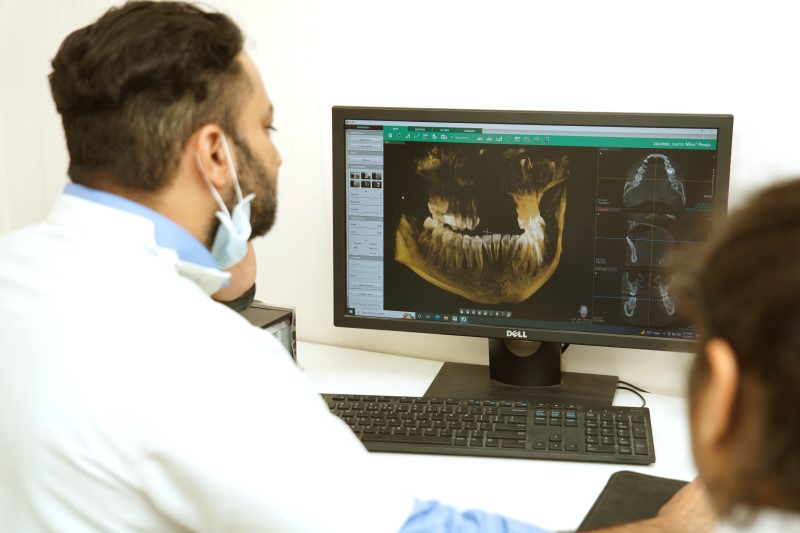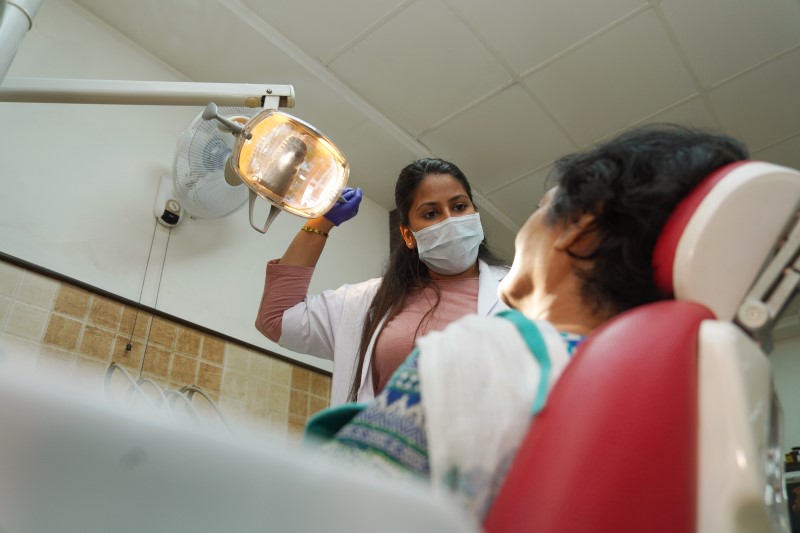
A better life starts with a beautiful smile...
Opening Hours: 10:00am – 2:00pm, 5:00pm – 7:30pm, Saturday Closed

IV Sedation is the process of putting a patient at ease during a procedure. This is common in dental practices where dentists may need the patient awake to some extent but would also like the patient to be fully at ease and relaxed. It is common for patients to forget what occurred during these procedures and drifting in and out of sleep. If you have a dental surgery approaching, talk with your Winnipeg dentist about the possibility of IV sedation.
IV sedation is very safe and allows the dentist to provide relaxation at varying levels. It is administered through a thin needle that will be inserted into your vein. With IV sedation, doctors aim to use as little medication as possible, which is best with this sort of sedation method.
It should also be noted that this is not the only sedation method for dentists to utilize. Dentists can also administer oral sedation or laughing gas, such as laughing gas. These offer varying levels of sedation, which can be better for some procedures.


Dental anxiety is a very real condition that affects many people. These fears can come about for a wide variety of reasons, from trauma to a general phobia of needles. To help combat these fears, IV sedation can be used to help relax some patients. While it may not be suggested for regular checkups and cleanings, you can speak with your dentist about potential relaxation options to help you combat this fear.
If you are facing an upcoming dental procedure or are a fearful dental patient, consider the benefits of IV sedation with RDIC. It is completely safe and allows dentists the ability to do their jobs much easier when their patient is in a relaxed state.
© 2022 - 2024 RDIC All Rights Reserved | Designed & Developed By
